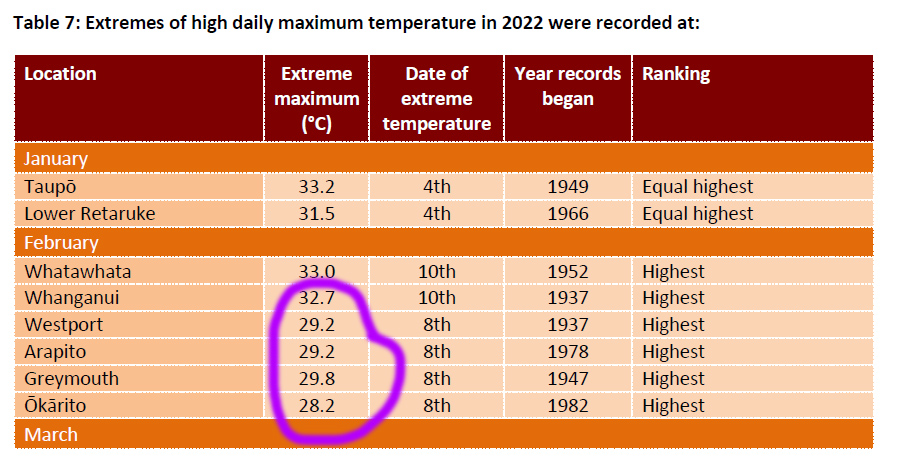
Several years ago, against the advice of many, restrictions on discussing suicide in the news media were lifted.
Change advocates, with the best of intentions, argued that our suicide problem had to be brought into the open in order to change things.
Opponents relied on research showing that wider discussion of suicide tended to tip already vulnerable people over the edge.
Now the figures are in. New Zealand is enduring a big jump in suicides, particularly in the 18-24 age group, and experts are again wondering whether we are discussing it too much.
Coupled with a continual push in parliament every year for the introduction of euthanasia, and the accompanying sympathetic news media coverage glamorizing what is in effect a culture of death, is it any surprise that vulnerable people are seizing opportunities to top themselves and add to the national hand-wringing that is building up?
There would be few adults who haven’t – even if only for a split second – considered the option in response to what seems like an overwhelming problem at the time.
Reasons for suicide are complex. Commentators argue economic pressure is a factor, and on the surface that is undoubtedly true. But it is more about ‘expectations’. Our media and society create expectations about what life should be like in NZ, and if life doesn’t match the dream we get depressed. I was shocked fifteen years ago when we sent an Investigate magazine journalist to the Philippines to discover that our suicide rate was much higher than that country where kids raided garbage bins for food. The people there, despite their lot, were collectively happier than rich but dissatisfied New Zealand.
Sometimes suicide is purely about glamour, like a series of high school kids who killed themselves in 1984 in Auckland as part of a cult of death they’d become emotionally entangled in. They were not individually suicidal as such, but peer pressure and the sadness spread like a virus.
The bigger issue is: is talking about it every day in the media, and endorsing it as an option via euthanasia, sending a blunt message to the vulnerable? We cannot on the one hand decry suicide, yet on the other speak up in favour of killing yourself in other circumstances. A mentally unwell person doesn’t make the fine distinction between physical pain from a terminal illness and the mental pain they themselves are suffering – they just hear community support for suicide.
Maybe it’s time to think again about how much attention we give suicides in the media.








Hi and thank you for this article.
My “work” through having dealt and helped many foster children and others, has shown me how much (apart from everything within family etc) that the social environment plays a huge factor in attempted suicide and successful suicide.I have one foster daughter who’s history and handling through CYPS has been atrocious. she has been on all drug and alcohol, been through at least 6 times through a rehab. She has tried to suicide many times but fortunately been caught in time. When one of her drug acquaintances successfully suicided, I got a ph call from her telling me how mad she was. this person had been successful and our F/daughter was angry at that person because she did what our girl could not.. ( I got the blame as she knows we have been praying for her so she reckons Its my fault that she gets stopped.. Miracles do happen even if the recipient want see it that way.
She is now 29 yrs and has a long way to go but we are getting a lot less agro ph calls and texts..almost a delight hearing from her these days.
T